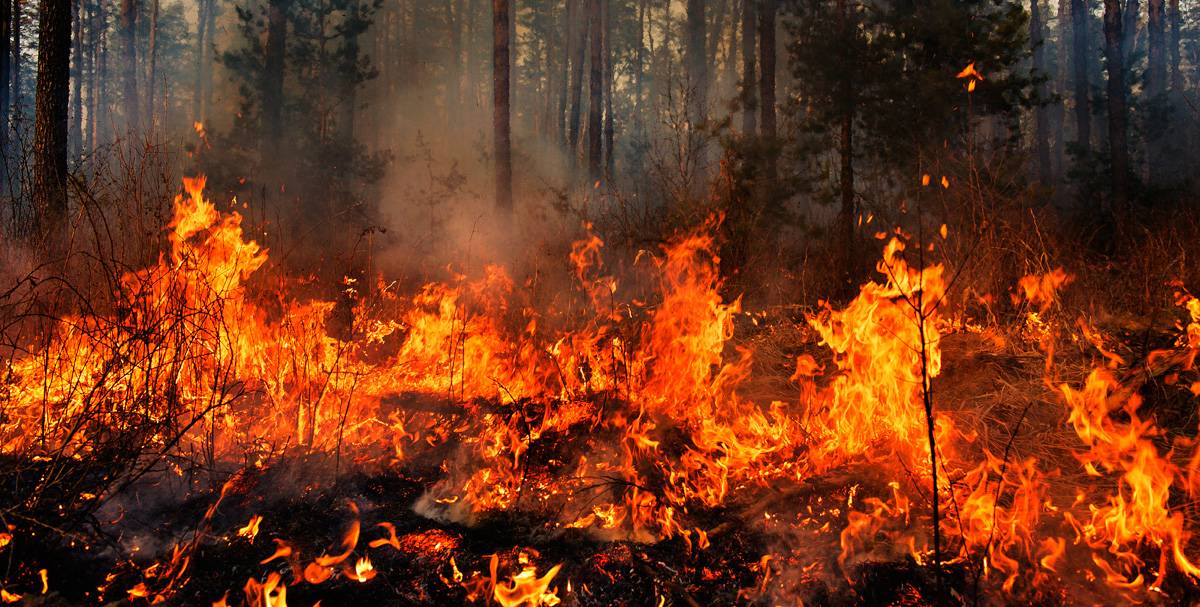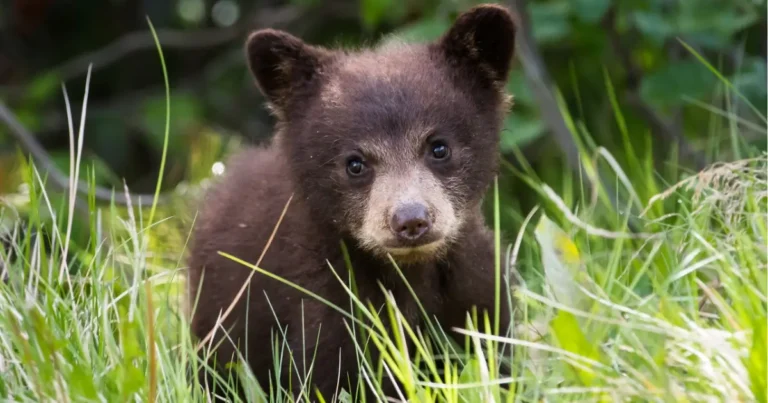
Multiple resources are being set up to assist the families who are losing everything, the most notable of which is the Red Cross, who have set up a special appeal website and phone number for receiving donations (click here to see more).
And the devastation of losing a home isn’t all many of these families will endure. The speed with which the fires spread caused mandatory evacuation – and many pets were left behind. Again, multiple residents, organizations, and professionals are stepping up to help. So far, the best resource is a Facebook page that’s been set up to aggregate many of these services, which has included a Google form for people who have lost their pets and need assistance finding them, veterinarians who are offering services to those fleeing the fires, and pet stores who are opening their doors.
Check it out by clicking here and keep checking back as more resources and places to contribute are being posted regularly.
There are yet to be formal offerings of assistance for wildlife, though rehabbers across the province will likely be already gearing up to handle what is bound to be an influx of injured, orphaned, and ill wild animals. These tips are what we have shared in the past when wildfire has devastated the habitat of many animals and apply today:
- Do not attempt to pick up animals that appear to be injured or ill; small birds can be picked up with a towel and placed in a small, dark box until they are able to receive treatment.
- Note the location, time, and any visible wounds of the animal and contact your local rehabber.
- Do not feed animals—they may require specialized medicine or foodstuffs.
- Consider leaving out water—it is scarce throughout the province right now, and would be appreciated by all the animals (and won’t run the risk of habituating them).
- Not all young animals seen alone are orphaned; often, parents will leave them behind while foraging or hunting.
We will update this page as more information becomes available.
There is no one right way to help during a crisis like this. But we know that all of you will do what you can – whether it’s a donation of money, goods, or services, or simply hugging someone who has lost what they never dreamed they would.
